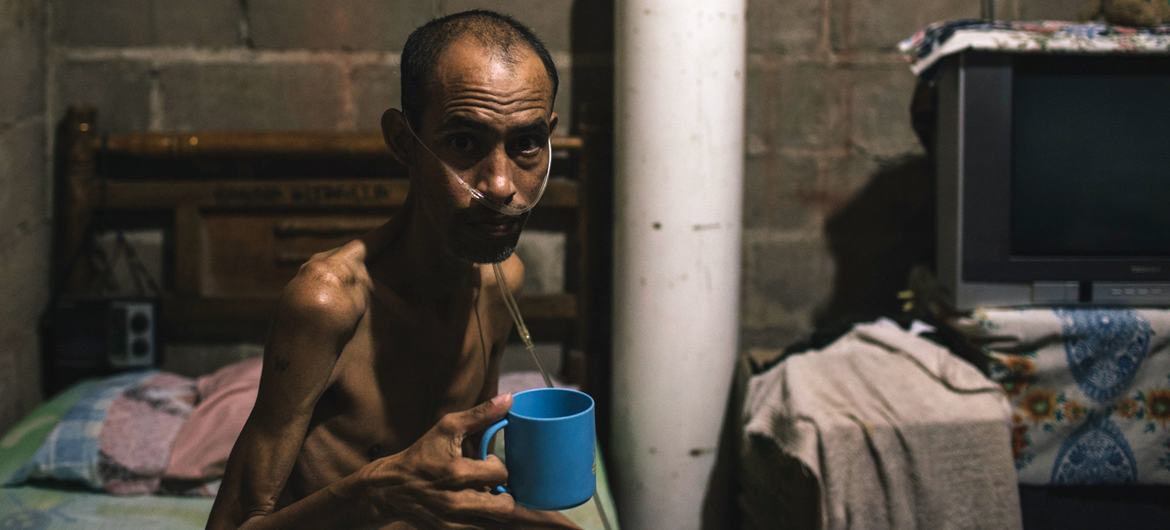
Vodafone Foundation donates €30,000 to support Mozambique over Cyclone Chido
Vodafone Foundation has pledged €30,000 to Save the Children in response to the devastation caused ...

World leaders approved a declaration to advance efforts to end tuberculosis (TB) by 2030 through reaching 90 percent of people with TB prevention and care services, providing social benefit packages to those who have the disease, and licensing at least one new vaccine.
TB is the second leading infectious killer worldwide after COVID-19, with some 1.6 million deaths in 2021 alone, according to the World Health Organization (WHO). The only available vaccine is more than a century old.
“For millennia, our ancestors have suffered and died with tuberculosis, without knowing what it was, what caused it, or how to stop it,” said Dr Tedros Adhanom Ghebreyesus. “Today, we have knowledge and tools they could only have dreamed of. The political declaration countries approved today, and the targets they have set, are a commitment to use those tools, and develop new ones, to write the final chapter in the story of TB.”
Taking stock of progress towards targets set in 2018 for a five-year period, WHO reported that while global efforts to combat TB have saved over 75 million lives since the year 2000, they fell short of reaching the targets, mainly due to severe disruptions to TB services caused by the COVID-19 pandemic and ongoing conflicts. Only 34 million people of the intended 40 million people with TB were reached with treatment between 2018 and 2022. For TB preventive treatment, the situation was even more grim, with only 15.5 million of the 30 million people targeted to be reached with preventive treatment accessing it.
Funding for TB services in low- and middle-income countries fell from US$ 6.4 billion in 2018 to US$ 5.8 billion in 2022, representing a 50% financing gap in implementing the required TB programs. Annual funding for TB research ranged from US$ 0.9 billion to US$ 1.0 billion between 2018 and 2022, which is just half of the target set in 2018.
This has placed an even heavier burden on those affected, especially the most vulnerable. Today, TB remains one of the world’s top infectious killers: annually more than 10 million people fall sick, and over 1 million lose their lives to this preventable and curable disease. Drug-resistant TB continues to be a major contributor to antimicrobial resistance with close to half a million people developing drug-resistant TB every year.
“Uniting around the TB response by world leaders, for a second time, provides an opportunity to accelerate action and strengthen health systems capable of not only addressing the TB epidemic, but also protecting the broader health and well‑being of communities, strengthening pandemic preparedness and building on lessons learnt during the COVID-19 pandemic,” said Dr Tereza Kasaeva, Director of the WHO Global TB Programme. “Averting TB-related financial hardship and preventing the development of the disease in vulnerable groups will help diminish inequities within and between countries, contributing to the achievement of the Sustainable Development Goals.”
Vodafone Foundation has pledged €30,000 to Save the Children in response to the devastation caused ...
The European Commission has adopted a decision to disburse €1 billion in loans to Egypt following ...
Opening the Helwan University clinic brings the total number of Safe Women Clinics to 48 ...


اترك تعليقا